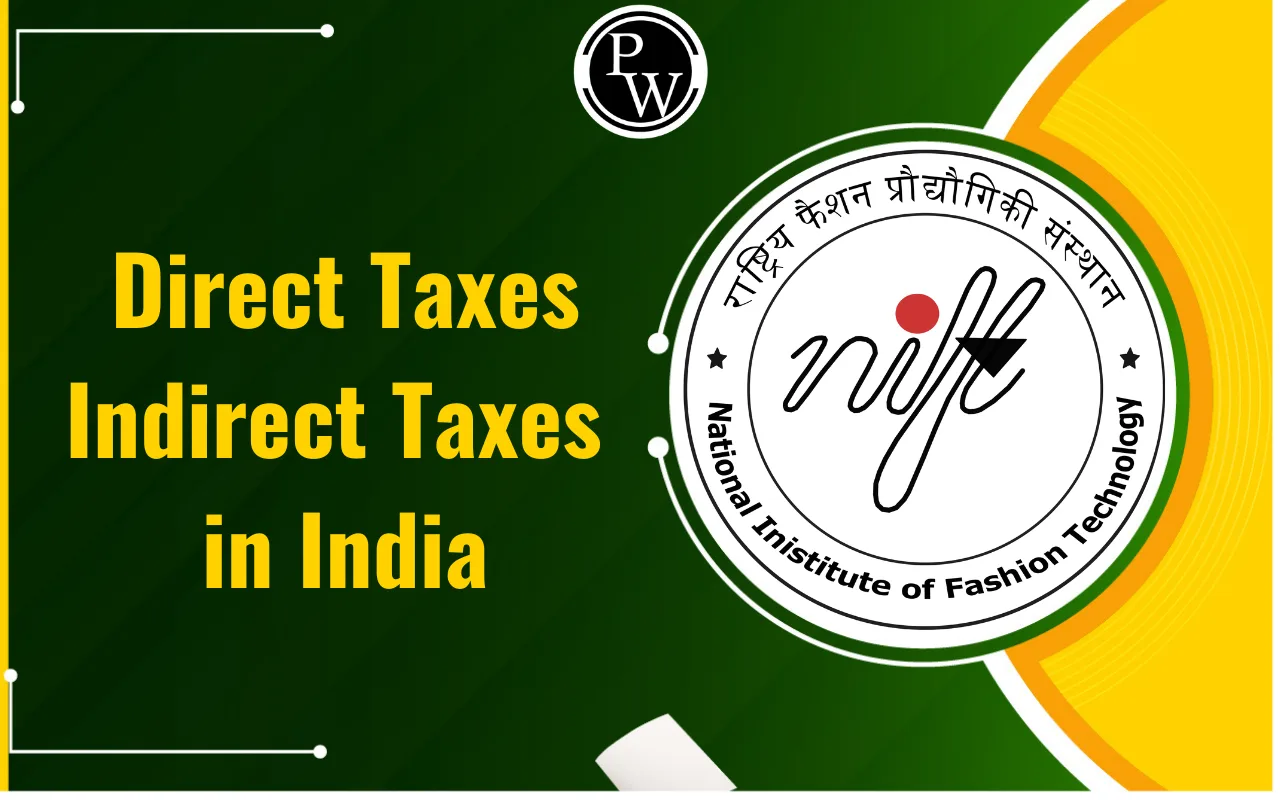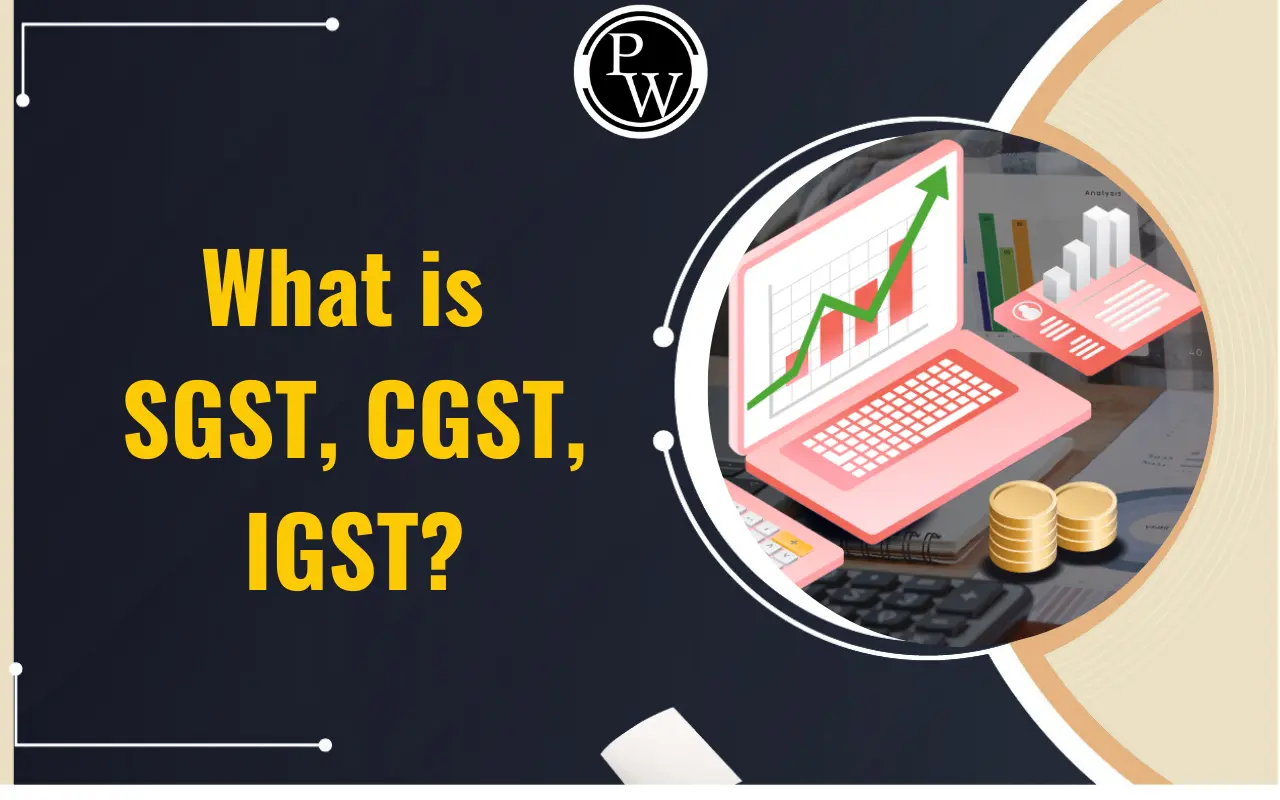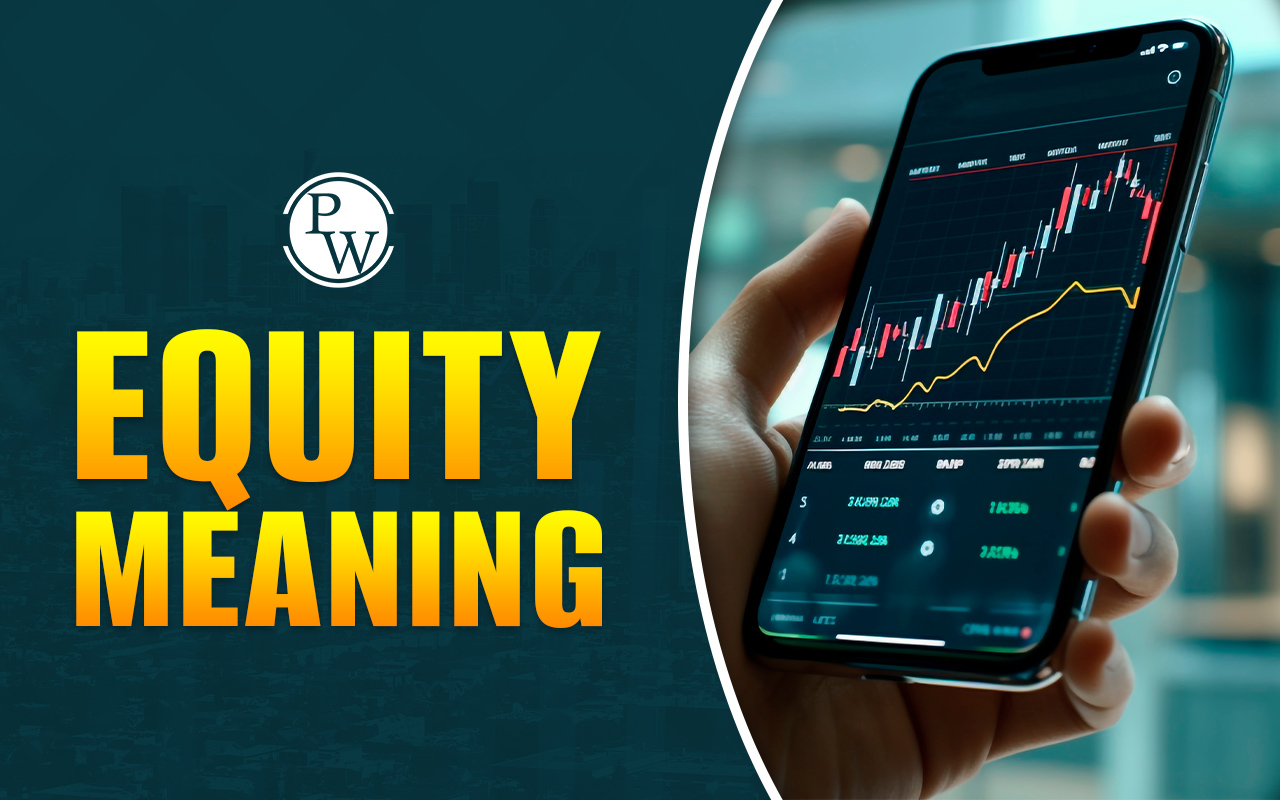
Online Accounting Course is a digital learning program that teaches both basic and advanced accounting concepts through online platforms. It covers important topics such as bookkeeping, financial statements, auditing, and taxation, using clear lessons and real-life examples to support understanding.
This course is valuable because accounting is essential for tracking income, managing business expenses, and making informed financial decisions. It is especially helpful for students, small business owners, and professionals looking to build financial skills. For those new to the subject, online accounting courses for beginners provide a simple and structured starting point. Check complete details about what an Online Accounting Course is, its benefits, syllabus, and more below.
What is Accounting?
Accounting is the process of recording, organizing, and understanding a business’s money-related activities. It helps keep track of where money is coming from and where it is being spent. This data is valuable when smart financial decisions need to be made in any organization.
In simple terms, Accounting is the process of maintaining records related to incoming revenue, spending, and making essential reports such as financial reports. Such reports enable business owners, investors, and others to determine the health of a business.
Accounting also makes sure that firms operate within the legal regulations and taxes and assists in budgeting, planning and resource management. Accounting has various types like financial accounting, cost accounting, management accounting and tax accounting and each of them is focused in a different manner.
What are Online Accounting Courses?
Online accounting courses are digital learning programs that teach accounting concepts such as bookkeeping, financial accounting, taxation, and auditing through online study. These courses are designed for learners of all levels, including students, professionals, and small business owners, who want to build or improve their financial knowledge.
There is a wide accounting courses list available online, covering different topics like cost accounting, management accounting, and tax planning. Some online accounting courses in India also focus on local accounting practices and tax systems, making the learning more relevant.
These courses often include videos, quizzes, assignments, and real-world examples to support easy and effective learning.
Financial Accounting Course
A comprehensive financial accounting course covers the fundamentals of double-entry bookkeeping, the accounting equation, Generally Accepted Accounting Principles (GAAP), and International Financial Reporting Standards (IFRS) for preparing and comprehending core financial statements such as the income statement, balance sheet, and cash flow statement. Main concepts include financial accounting for specific transactions like as inventories and receivables, and corporate governance, which serve as a foundation for decision-making by a number of stakeholders, from investors to management.
Fundamental Accounting Principles
Fundamental accounting principles are a collection of rules that regulate a company's accounting procedures. To guarantee consistency and responsibility, all accountants must follow these standards when performing their tasks. When practicing accounting, you need to have a fundamental understanding of these key accounting principles. However, it is difficult to remember and may differ by area. That's why selecting accounting software for financial services is the most effective way to complete a smooth accounting procedure.
Basic Accounting Course
A basic accounting course will cover how to systematically record, summarize, analyze, and report financial data using the double-entry system and accounting principles to create important financial statements such as the income statement, balance sheet, and cash flow statement. Students will study bookkeeping, accounting terminology, journal and ledger entries, trial balances, and the accounting cycle, all of which are necessary business skills.
Accounting Courses for Beginners
Beginner accounting courses deal with essential topics such as financial accounting, bookkeeping, the accounting equation, and the preparation of basic financial statements, which include journal entries, ledgers, and the accounting cycle. Here are Accounting Courses for Beginners given below:
1. Certificate Courses (1–3 months)
-
Basics of Accounting, Bookkeeping
-
Tally, QuickBooks, MS Excel for accounts
-
Best for: Students, small business owners
2. Diploma Courses (6–12 months)
-
Accounting & Finance, Taxation, Computerized Accounting
-
Covers GST, TDS, payroll, auditing
-
Job roles: Accounts Executive, Tax Assistant
3. Professional Courses (Long-term)
-
CA Foundation, CMA Foundation, ACCA, CPA
-
Deep knowledge + global recognition
-
Career as Chartered Accountant, Auditor, Analyst
4. Online Options (Flexible & Affordable)
-
Coursera, Udemy, edX, LinkedIn Learning
-
Topics: Financial statements, bookkeeping, software
5. Skills You Gain
-
Bookkeeping, taxation, financial reporting
-
Tally/Excel/QuickBooks
-
Budgeting & cost control
Accounting Courses after 12th
Accounting provides a number of career-focused courses for students in 12th grade, particularly those in the Commerce stream. A strong basis in bookkeeping, taxation, auditing, and financial management is provided by these courses. While individuals seeking a professional career can pursue degrees and international certifications like CA, CMA, or ACCA, beginners might choose short-term certificate/diploma programs to rapidly become useful. The best course for you is determined by your professional ambitions, financial interests, and whether you want to work in India or abroad.
|
Accounting Courses after 12th |
|||
|---|---|---|---|
| Course Type | Course Name / Examples | Duration | Career Opportunities |
| Certificate Courses | Tally, QuickBooks, MS Excel, Accounting Basics | 3–6 months | Junior Accountant, Bookkeeper, Data Entry Operator |
| Diploma Courses | Diploma in Accounting & Finance, Diploma in Taxation, Diploma in Computerized Accounting | 6–12 months | Accounts Executive, Tax Assistant, Payroll Officer |
| Undergraduate Degrees | B.Com (Accounting & Finance), BBA (Finance), BMS | 3 years | Accountant, Financial Analyst, Banking Jobs |
| Professional Courses | CA (Chartered Accountant), CMA (Cost Management Accountant), CS (Company Secretary) | 3–5 years | Auditor, Tax Consultant, Financial Planner |
| Global Certifications | ACCA (UK), CPA (US), CFA (Chartered Financial Analyst) | 2–3 years | International Accounting, Audit, Investment Banking |
Types of Online Accounting Courses
Online accounting courses come in different types to fit various learning needs and career goals. the are the main types of online accounting courses:
- Certificate Courses: The duration of such courses is generally a few weeks or a maximum of 6 months. They include the fundamentals of accounting such as bookkeeping and financial statements. Certificate courses are good for beginners and small business owners who want to learn fundamental skills.
- Diploma Programs: The duration of diploma courses is 6 months up to one year. They give intermediate course on accounting, taxation, payroll, and auditing. They are appropriate to those who want to change careers or receive formal education in accounting.
- Undergraduate and Postgraduate Degrees: Degrees like B.Com (Accounting), M.Com (Finance), or MBA with accounting focus provide in-depth academic knowledge and practical skills. These are ideal for students planning long-term careers in finance or accounting. Many students choose these accounting courses after 12th as a starting point for their professional journey.
- Professional Certifications: Certifications such as CA (India), CPA, CMA, and ACCA are advanced courses for accountants and finance professionals. They focus on auditing, financial analysis, and global accounting standards.
This accounting courses list offers options suitable for different levels of experience and time commitment.
Online Accounting Courses Syllabus
Online accounting courses cover a wide range of topics to help students gain both theoretical knowledge and practical skills. The syllabus is designed to teach fundamental accounting principles, financial management, taxation, and the use of accounting software. It also includes advanced subjects like auditing, corporate finance, and the impact of AI in accounting. The table below provides the list of topics in online accounting courses:
|
Online Accounting Courses Syllabus |
|
|
Topic |
Key Areas Covered |
|
Basic Accounting Principles |
GAAP, double-entry system, accounting cycle |
|
Financial Statements |
Income statement, balance sheet, cash flow statement |
|
Bookkeeping & Ledger Management |
Journal entries, trial balance, reconciliation |
|
Taxation Basics |
GST, income tax, TDS (India-specific) |
|
Cost Accounting & Budgeting |
Fixed/variable costs, break-even, forecasting |
|
Accounting Software |
Tally, QuickBooks, Zoho Books |
|
Auditing |
Internal controls, audit procedures |
|
Corporate Finance |
Capital budgeting, ROI, risk assessment |
|
International Standards |
IFRS and global compliance |
|
AI in Accounting |
Automation, predictive analytics, ethics |
Benefits of Online Accounting Course
Online accounting courses provide many advantages for learners, whether they are beginners or experienced professionals. Following are the main benefits of online accounting course:
-
Flexibility and Convenience: You can study anytime and anywhere, making it easier to balance learning with work or other responsibilities. No need to travel or attend classes in person.
-
Affordable Learning: Online courses often cost less than traditional classes. You save money on travel, books, and housing.
-
Learn from Anywhere: You can access courses from any location using a computer, tablet, or smartphone, making education available to everyone.
-
Variety of Topics: Choose courses in areas like tax accounting, auditing, or bookkeeping to match your career goals or business needs.
-
Connect with Others: Join online discussions, webinars, and group activities to meet fellow learners and experts worldwide.
These benefits make online accounting courses a helpful choice for improving skills and advancing your career.
Career Options After Completing Online Accounting Courses
Completing an online accounting course can open many career options in finance and business. These courses teach important skills that help you work in different roles like accounting, auditing, tax, and financial analysis. The following are popular career options available after completing online accounting courses:
|
Career Options After Online Accounting Courses |
|
|
Career Option |
Key Responsibilities |
|
Accountant / Junior Accountant |
Manage financial records, prepare reports |
|
Financial Analyst |
Analyze data to support budgeting and investments |
|
Tax Consultant / GST Practitioner |
Handle tax filing, planning, and compliance |
|
Auditing Assistant / Internal Auditor |
Check financial accuracy and controls |
|
Corporate Controller / Risk Manager |
Manage financial operations and risk strategies |
|
Pathway to Professional Certifications |
Further study for CA, CPA, CMA, ACCA |
If you want to learn accounting and finance, consider exploring the Financial Accounting course offered by PW (Physics Wallah). This course aims to provide practical knowledge and industry-relevant skills in financial accounting, finance, and taxation. Through well-structured online lessons and guided support, PW helps learners build a strong foundation and gain confidence in managing financial information effectively.
Online Accounting Courses FAQs
Is it possible to learn accounting online?
Which course is best to learn accounting?
Can I learn accounting in 3 months?
Can I study accounting for free?
What are the 4 types of accounting?










